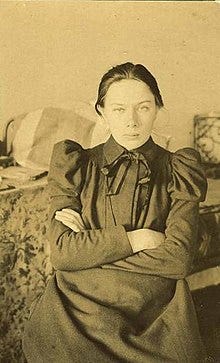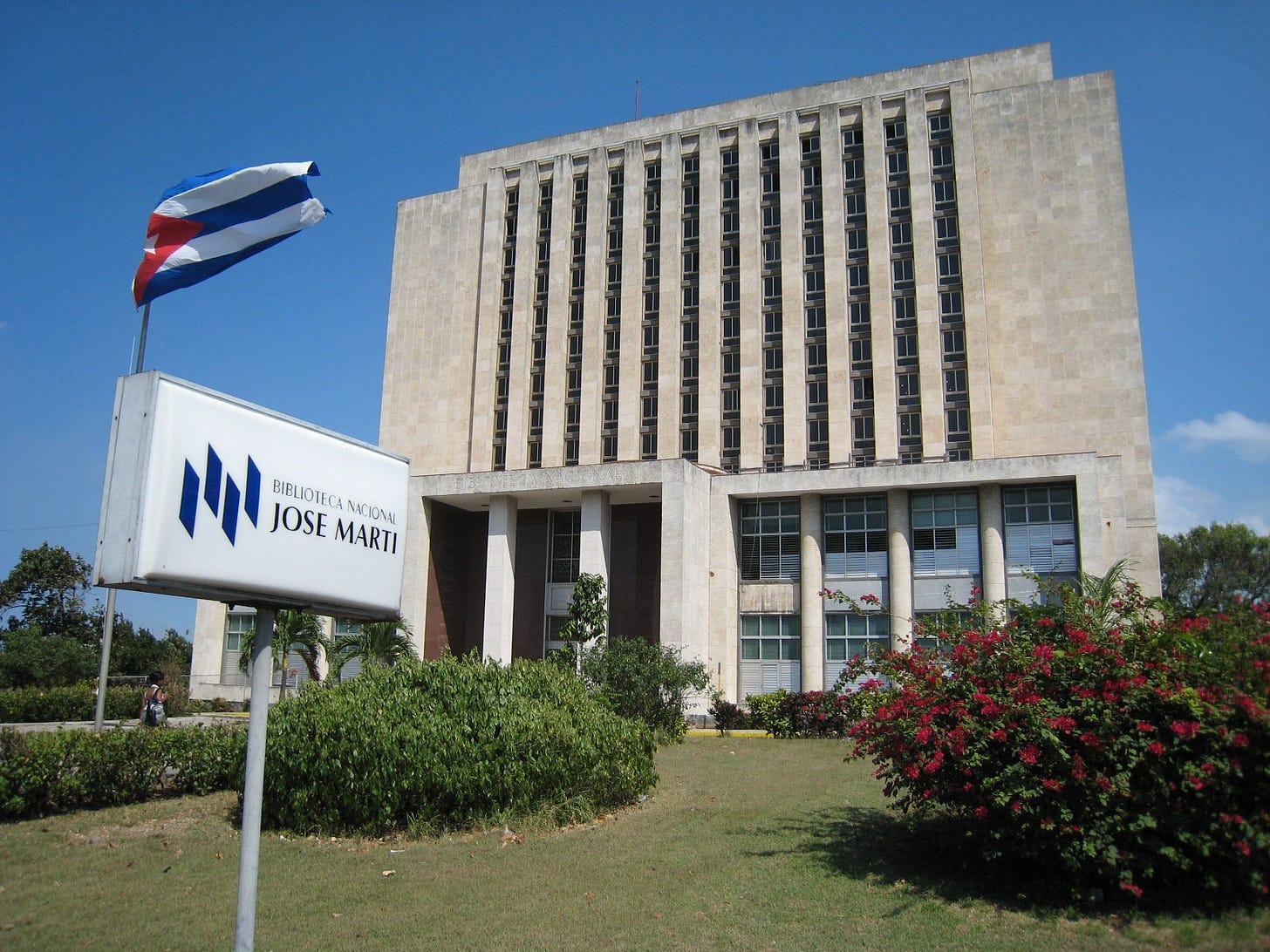What happens the day after the revolution?
Reorganization of the library.
What happens the day after the revolution? Rodrigo Ochigame says: “reorganization of the library.” 1
In 1919, Lenin signed a resolution demanding that the People’s Commissariat of Enlightenment “immediately undertake the most energetic measures, firstly to centralize the library affairs of Russia, secondly to introduce the Swiss-American system.” Lenin presumably referred to the organization of the European libraries he had observed during his exile from Russia in the early 1900s. By imitating the “Swiss-American system,” the Bolshevik leader hoped to create a single state system of centralized control over the distribution of books and the development of collections.2 Nadezhda Konstantinovna Krupskaya (spouse of Vladimir Lenin) was fundamental in the development of Soviet librarianship.3
Cuban revolutionaries also recognized the importance of what Soviet leaders like Krupskaya had once called the struggle “on the library front.”4 In the aftermath of the Cuban Revolution in 1959, Fidel Castro appointed librarian María Teresa Freyre de Andrade5 director of the Jose Martí National Library in Havana.... In the 1940s, she articulated her vision of a biblioteca popular, a “popular library,” distinct from a merely “public” one. Whereas the public library may be a “rather passive” one where “the book stands still on its shelf waiting for the reader to come searching for it,” the popular library is “eminently active” as it “makes extensive use of propaganda and uses different procedures to mobilize the book and make it go in search of the reader.” 6
Ochigame, Rodrigo (2020). Informatics of the Oppressed. CARE. (August, 31).
Ibid.
Raymond, Boris. Krupskaia and Soviet Russian Librarianship: 1917-1939. Metuchen: Scarecrow, 1979; Richardson, John V. 2000. “The Origin of Soviet Education for Librarianship: The Role of Nadezhda Konstantinovna Krupskaya, Lyubovʹ Borisovna Khavkina-Hamburger, and Genrietta K. Abele-Derman.” Journal of Education for Library & Information Science 41 (2): 106–28.
Ochigame, Ibid.
Montes de Oca Sánchez, Dania and Rivera, Zoia (2006). María Teresa Freyre de Andrade: fundadora de la bibliotecología cubana. Revista Cubana de los Profesionales de la Información y de la Comunicación en Salud, 2006, vol. 14.
Ochigame, Ibid.




Thank you for an informative post that doesn't immediately reduce the reader to tears when learning the extent of destruction of our humanity.
I'm not certain that your reader will grasp the full meaning of "popular" as used to describe the library. There is a silent meaning depending on the speaker and purpose of its use. It can be used as a cognate, meaning what it means in English: widely-praised and held dear. In the context of "after the revolution" and including reference to active versus passive and propaganda, the word is used as a fig leaf for the true purpose of the library going forward.
In this case, popular means "people's." It is owned by the people to serve their interests. Implicit in the socialist model is that it is held by government in the name of the people. Unstated is that henceforth the purpose will be to serve the interests of government. A label claiming ownership by "the people" is a fig leaf for "serving the interests of government."